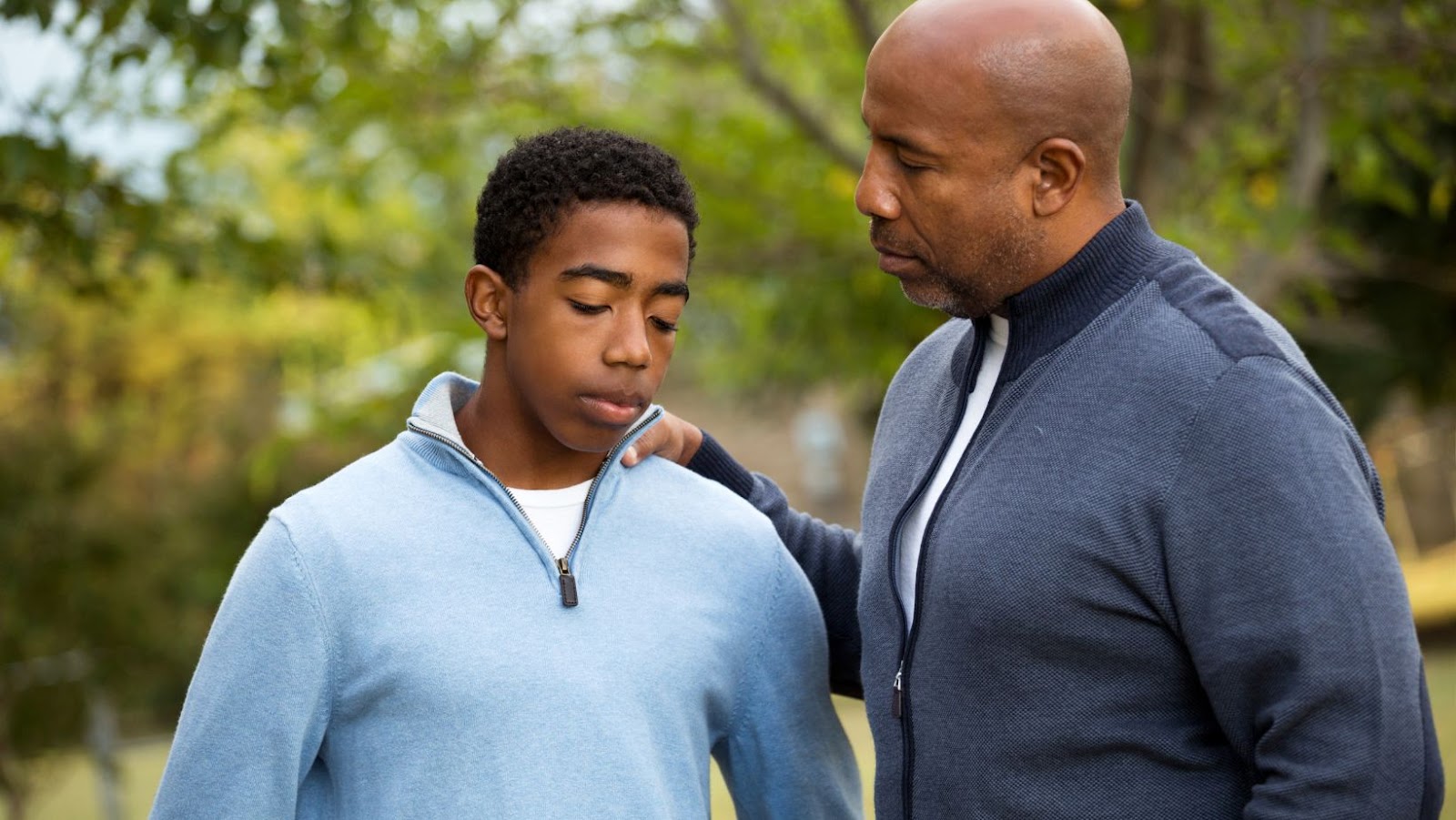What is Helicopter Parenting? Helicopter parenting is a term that’s been buzzing around for quite some time, but what exactly does it mean? Originating from the image of a helicopter hovering closely overhead, this style of parenting involves parents who are overly focused on their children. They’re often seen taking excessive interest in their kids’ lives, especially when it comes to school and extracurricular activities.
This phenomenon isn’t just limited to overzealous PTA members or soccer moms. It’s seen across various demographics and age groups. From mothers and fathers insisting on hand-holding their toddlers every step of the way, to parents micromanaging their college-age children’s schedules, helicopter parenting knows no bounds.
There are many reasons why parents might adopt this kind of approach. Some believe they’re doing what’s best for their child by keeping them close and heavily involved in their lives. Others might be compensating for what they perceive as deficiencies in their own upbringing. Regardless of the reasoning behind it, one thing’s clear: helicopter parenting can have significant impacts on a child’s development and overall well-being.
What is Helicopter Parenting
Ever heard the term “helicopter parenting”? It’s a phrase that’s been whirling around parenting circles for a while now. But what does it actually mean?
Helicopter parenting, as its name suggests, refers to parents who hover over their children like a helicopter. These parents are often overly involved in their child’s life – whether it be schoolwork, extracurricular activities or even social interactions.
These well-meaning guardians tend to monitor every aspect of their child’s life closely and intervene whenever they see fit. They’re quick to swoop down at the first sign of trouble, hence the term “helicopter” parenting.
While this might sound like conscientious parenting on the surface, it could have some negative effects on kids. Studies have indicated that children with helicopter parents may struggle with independence and self-confidence later in life.
Here are some characteristics typical of helicopter parents:
- Constantly hovering: Just like helicopters, these parents are always present and watching.
- Overprotectiveness: They tend to shield their kids from all possible harm or failure.
- High involvement in child’s activities: Whether it’s homework or playdates, they’re always there.
While every parent wants what’s best for their child, experts suggest that this style of hands-on parenting can stifle a child’s ability to develop necessary life skills such as problem-solving and resilience.
So remember – balance is key. Being attentive and protective towards your kid is important but allowing them room to grow independently is just as crucial.
 Impact of Helicopter Parenting
Impact of Helicopter Parenting
What is Helicopter Parenting, a term that’s gained popularity over the years, describes parents who hover closely over their children – much like a helicopter. They’re often overly involved in their child’s life, seeking to solve all problems and remove any obstacles. While these intentions might be good, the reality is different. The impacts on the child can range from stifled independence to mental health issues.
Effect on Child’s Independence
To start off with, let’s delve into how helicopter parenting affects a child’s independence. When parents are constantly making decisions for their kids and solving all their problems, it becomes difficult for them to develop problem-solving skills themselves.
According to a study by Brigham Young University:
| Study Metrics | Result |
| Number of participants | 438 |
| Ages of children observed | 2-4 years old |
| Observed effect of helicopter parenting on independence | Negative |
This means that these kids may struggle when they’re faced with challenges or decisions in the future because they’ve never had to handle things themselves.
In addition, there’s an absence of self-confidence that arises from not being allowed to tackle tasks independently. Kids might begin doubting their own abilities because they’re so used to having someone else step in and take control.
 Impact on Child’s Mental Health
Impact on Child’s Mental Health
Moving onto another crucial aspect – how does helicopter parenting impact a child’s mental health? A growing body of research suggests it might lead to increased anxiety and depression rates among adolescents.
A study conducted by researchers at Florida State University found that students with controlling “helicopter” parents are more likely to feel pressured and have higher levels of stress. Here’s what they discovered:
- Participants: 460 college students
- Higher level of parental control associated with higher levels of student depression
- Students reported feeling less satisfied with life overall
Thusly, it seems clear that while helicopter parents may have the best of intentions, their overbearing nature can inadvertently harm their child’s development. It’s crucial for parents to find a balance between supporting their children and allowing them the independence to grow and learn from their own experiences.